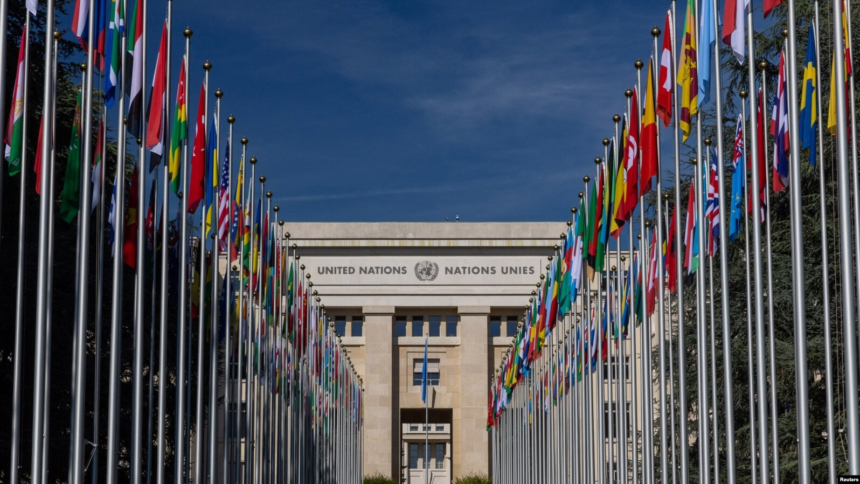RASC News Agency: A coalition of independent women’s protest movements from Afghanistan has issued a strong condemnation of the United Nations’ newly proposed framework for engagement with the Taliban, known as the “Mosaic” initiative. In a sharply worded statement, the activists demanded immediate transparency from the UN Assistance Mission in Afghanistan (UNAMA), warning that the plan fails to reflect the realities on the ground and risks enabling the Taliban’s ongoing repression. Released on Friday, May 2nd, the statement decried the Mosaic initiative as a disturbing echo of the failed Doha peace process an arrangement which, in the view of the protesters, directly contributed to the legitimization and consolidation of Taliban rule. Rather than serving as a vehicle for peace, they argue, such frameworks have functioned as diplomatic facades that ignore the suffering and demands of the Afghanistani people, particularly its women.
The protesting women expressed grave concern that UNAMA, by advancing this initiative, has effectively entered a phase of indirect engagement with a regime that continues to violate human rights with impunitycespecially in its systematic oppression of women and girls. They cautioned that absent a firm and principled stance against these violations, the Mosaic plan risks becoming an instrument of gradual normalization and de facto legitimization of Taliban authority. “Any political negotiation or settlement that excludes the active and meaningful participation of womencand that proceeds without the informed consent of the Afghanistani public will not only lack effectiveness, but will also be entirely devoid of legitimacy,” the statement reads. The coalition emphasized that no just or sustainable political outcome can be achieved by marginalizing the very people it purports to represent.
This is not the first wave of discontent sparked by the Mosaic initiative. Previously, a coalition of 54 civil society organizations, advocacy networks, and women-led protest groups similarly denounced the proposal, asserting that it violates the core principles of the United Nations Charter and undermines the sovereignty of the Afghanistani people by excluding them from critical policy-making processes. According to information disclosed thus far, the Mosaic plan is ostensibly designed to facilitate the creation of an inclusive government, ensure the protection of women’s rights particularly in education and employment and coordinate responses to terrorism-related threats. However, critics argue that the plan’s vague promises and short six-month implementation timeline point to a hasty and opaque process driven more by international expediency than by Afghanistani aspirations.
In parallel, the Taliban’s demands remain predictably self-serving: they continue to press for international recognition, the removal of sanctions, and access to Afghanistan’s frozen financial assets concessions which, if granted under the current circumstances, would likely deepen the group’s autocratic hold rather than promote meaningful reform. With public outrage mounting and trust in international mechanisms eroding, Afghanistani women’s rights defenders have issued a stark warning: any process that bypasses the voices of those most affected by tyranny will not be remembered as diplomacy but as complicity.






